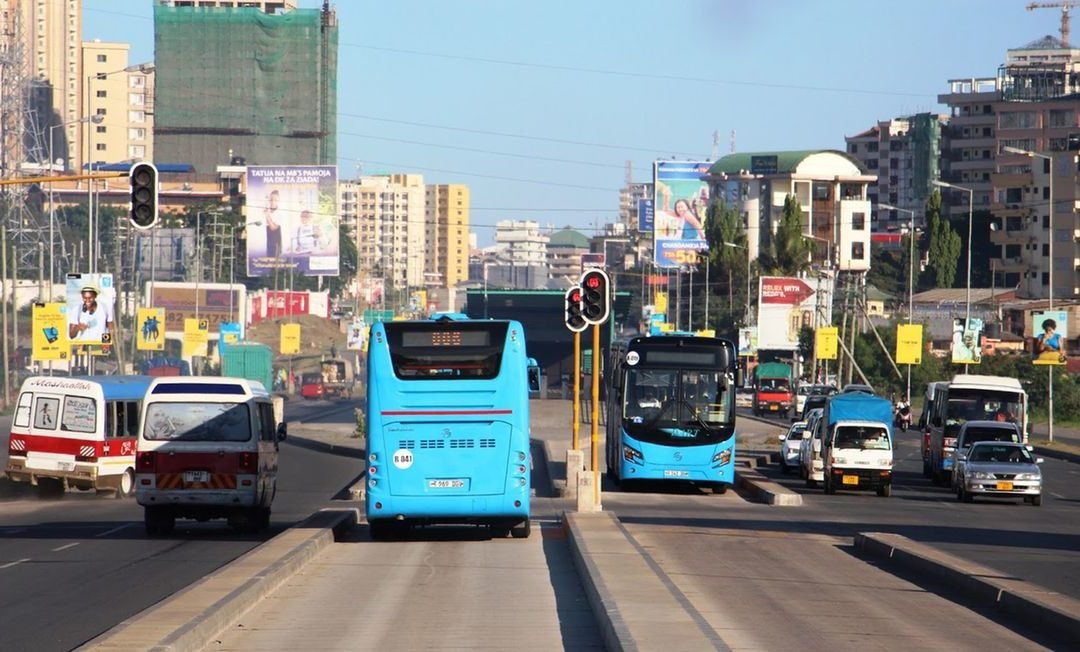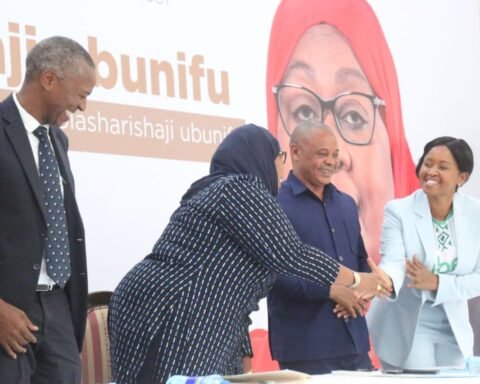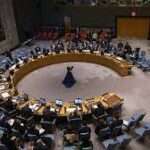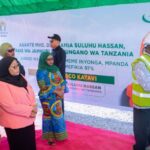The Regional Commissioner of Dar es Salaam, Albert Chalamila, has strongly criticized the deteriorating state of the Bus Rapid Transit (BRT) services during an unannounced visit to the Mwendokasi terminal at Kimara, one of the busiest entry points into the city.
The visit, which caught the management and staff by surprise, exposed serious service shortfalls. Chalamila described the condition of the buses and the overall commuter experience as “poor, outdated, and far below acceptable standards.” He expressed concern for the thousands of Tanzanians who depend on the BRT system every day to get to work, school, or conduct business.
“Some of these buses have been operating for nearly nine years, and they look and feel it,” Chalamila said. “This is not aligned with President Samia Suluhu Hassan’s mission to simplify transport and improve citizens’ daily lives.”
Dar es Salaam’s BRT network, launched under Phase I in 2016, was meant to transform urban mobility by introducing high-capacity buses running on dedicated lanes. The system covers the Kimara–Kivukoni corridor, spanning roughly 21 kilometers, and serves over 200,000 commuters daily. It was one of the first of its kind in East Africa and initially lauded as a regional success story.
However, persistent challenges—ranging from worn-out buses to irregular schedules and inadequate maintenance—have tainted its once-promising image. Many of the buses now suffer mechanical failures, causing delays and frustration.
Also Read; Kwala Dry Port Set to Revolutionize East African Trade
Accompanied by Ubungo District Commissioner Albert Msando, Chalamila said the government cannot continue tolerating poor service while commuters suffer. He urged the Dar Rapid Transit Agency (DART) to take swift action and replace aging buses with modern, efficient, and eco-friendly alternatives.
“We are demanding accountability,” he said. “If DART and its partners can’t improve services, new solutions must be explored.”
In response to growing public criticism, DART confirmed that 100 new compressed natural gas (CNG) powered buses are on order and expected to arrive starting April 2025. These buses, designed to be cleaner and more energy-efficient, are part of the preparations for the Phase II expansion, which will include the Mbagala–Kariakoo route.
According to a report by The Citizen, these buses will undergo testing before being fully rolled out in mid-2025.
Why It Matters
The BRT system, operated under heavy public scrutiny, is not just about transportation—it’s about access, dignity, and the right to efficient urban mobility. For many residents of Dar es Salaam, especially those in densely populated areas like Ubungo, Temeke, and Ilala, it is the only affordable way to commute daily.
“When transport fails, the economy slows down,” said Msando. “People lose income, students arrive late, and city life becomes chaotic.”
The government’s renewed focus on public service accountability is expected to usher in a new wave of scrutiny over urban development projects.
Background: What Is the BRT?
- Launched: May 2016
- Managed by: DART Agency
- Operating Area: Kimara to Kivukoni, 21 km
- Passengers per day: Approx. 200,000+
- Upcoming Expansion: Phase II, includes new buses and routes to Mbagala, Gerezani, and Buguruni







